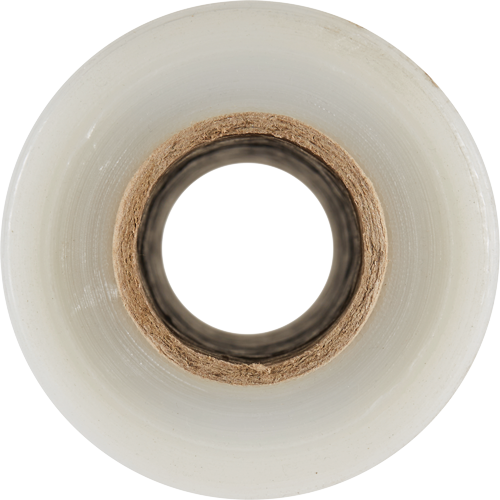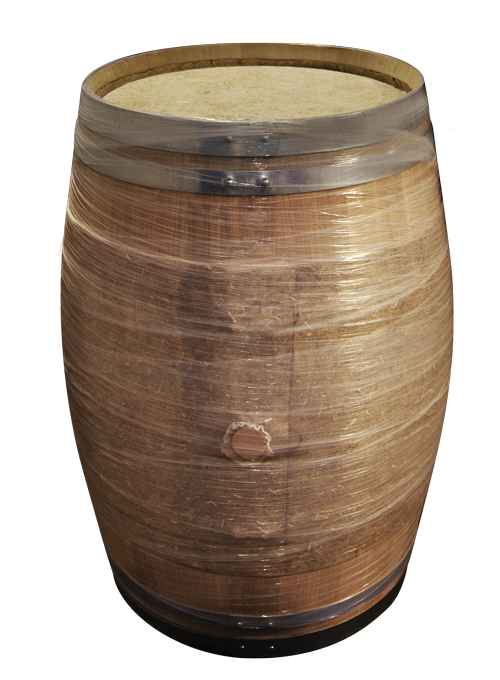Cling film
100% biodégradable and compostable

In order to reduce its environmental impact and help its clients manage their waste more effectively, the BARTHE GROUP has decided to collaborate and form an exclusive partnership with the company BioWrap.
This French company produces a cling film that is 100% biodegradable and compostable, helping to reduce plastic pollution and CO2 emissions.
The raw materials used do not release any harmful gases and are non-polluting, helping to reduce greenhouse gas emissions and allowing carbon to return quickly to the soil.
100% bio-based
This bio-based film is made from 98% plant matter (potato starch).
A patented film unique in Europe
This film is certified for industrial composting under the EN 13432 standard and should
be disposed of in an organic waste bin for treatment on industrial composting sites in
order to activate the biodegradation and composting process, bringing its working
life to an end.

Film made in France
as effective as plastic
Properties:
• Extremely transparent film with plant structure
• Very good tensile strength
• Stretchiness (elongation properties) equivalent to a traditional film
• Excellent tackiness (ability to be removed and reattached)
• Product developed to actively help reduce companies’ carbon footprint
• Certified as suitable for contact with food
Design:
The materials used for its composition and the production process are 100% French. Like all other film types, this cling film is made via extrusion of blown film. Parameters are set to ensure that the product offers the best possible level of performance, in particular its mechanical properties and tackifying effect.
Use:
The film can be used in the same way as all other cling films. There are two versions available, for use by machine or by hand. Its tackifying properties mean it can be positioned and repositioned against itself very easily.
Technical challenges:
It took more than 18 months of research and development to achieve the quality, mechanical properties and machinability that this film offers.
End of life:
• Its biogenic carbon is returned to the soil via composting
• Micro-organisms naturally break this cling film down into organic matter under suitable temperature, moisture and oxygenation conditions. This degradation process produces water, CO2 and/or CH4 and potentially other sub-products that are not toxic to the environment
• Mechanical recycling
Did you know?
There are two forms of composting:
Industrial composting: Decomposition occurs in three
months and requires a temperature of 58 degrees Celsius.
Domestic composting: Decomposition takes place over six
months at 28 degrees Celsius.
The EN 13432 standard states that after six months, 90% of
the material in these bioplastics must have degraded
under industrial composting conditions.



